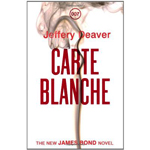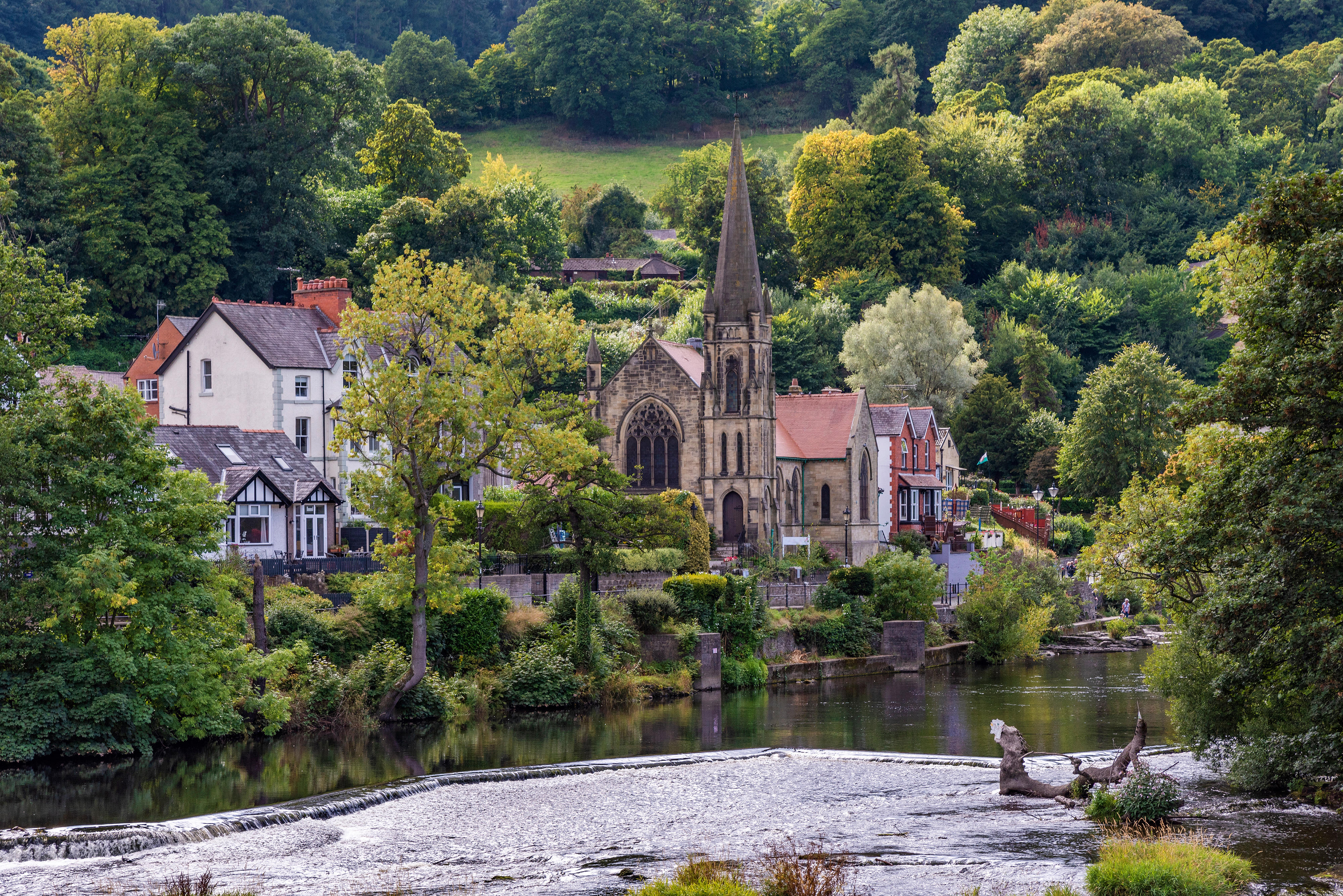Book Review: Carte Blanche
Nick Foulkes enjoys a masterful new Bond story by American thriller writer Jeffery Deaver


To order any of the books reviewed or any other book in print, at discount prices* and with free p&p to UK addresses, telephone the Country Life Bookshop on Bookshop 0843 060 0023. Or send a cheque/postal order to the Country Life Bookshop, PO Box 60, Helston TR13 0TP * See individual reviews for CL Bookshop price
Carte Blanche
Jeffery Deaver (Hodder & Stoughton, £19.99, * £15.99)
The invitation by the Fleming estate to write a ‘new' James Bond novel is nothing if not a summons to put your head above the parapet. The problem is that, as a modern cultural figure, 007 is about as hard to kill in life as he is in the pages of the novels and the scenes of the films. With the exception of The Queen herself, Her Majesty's most violent secret servant has outlived everything since his creation: most significantly the twilight of Empire in which he was formed, the Communist bloc he was pledged to overthrow.
Ian Fleming may have died almost 50 years ago, and the cinema may have appropriated his character, but the books keep on coming. This latest, after Sebastian Faulks's period pastiche Devil May Care, sees Bond working for a British black ops outfit in the here and now of rendition squads and the terror threat from Afghanistan, with extra topicality lent by the recycling business that is the legitimate front for a villain with suitably sinister necrophile tendencies.
For this excursion, Bond finds himself in the hands of American thriller writer Jeffery Deaver. Mr Deaver is an accomplished and highly successful author of about 30 suspense novels; nevertheless, he approaches the task with care. Perhaps fearing he will trigger an ejector mechanism if he strays too far from the blueprint of Fleming's books, he is careful to refer to the original Bond early on.
On page five, for instance, we get the unruly cow-lick of hair-‘a comma of loose strands'-and the facial scar. Soon after, there are mentions of the devoted Scottish housekeeper; the typical Bond breakfast of Blue Mountain coffee and scrambled eggs; M's eye colour ‘he wore a grey suit that perfectly matched his eyes'-and, even in this age of non-smoking offices, M's cheroots. But this Bond is not totally unreconstructed: he decides not to seduce a woman because she has just ended a long relationship; on another occasion, after disarming an assailant, he says he will get him to a doctor.
Sign up for the Country Life Newsletter
Exquisite houses, the beauty of Nature, and how to get the most from your life, straight to your inbox.
There are times when the detail is laid on a bit too thick. I love Bentleys, but the passage detailing the performance of the car reads like a chunk of undigested catalogue text. And, on the subject of Bentleys, although the author is not strictly wrong when he talks of the Bentley Brothers, it's more likely he means the Bentley Boys, the amateur gentlemen racers of the 1920s.
These are only minor cavils, but they highlight the difficulty of following Fleming. Fleming was steeped in the milieu he describes. A romantic, snobbish, early-20th-century Old Etonian with a strong nostalgia for Britain's Imperial past, he is best summed up in the Cecil Beaton portrait of him leaning back, raising a cigarette holder to his lips, a row of decanters visible behind. By contrast, Mr Deaver's website lists folk singer as among his occupations before becoming a bestselling crime novelist.
However, the novel burns on at a cracking pace, with Bond flitting from the Balkans, to Britain, to the Persian Gulf and finally to South Africa. There is gunplay and tradecraft aplenty, a fair bit of wine drinking, a little sex and not enough about clothes (Bond wears a Canali suit and a surprisingly small Rolex, but switches to a Breitling when undercover). And, in a nod to the convention we love in the films, the villain's lair is engulfed in an explosion. The result: a well-crafted, page-turning homage by a confident and accomplished hand.
Country Life is unlike any other magazine: the only glossy weekly on the newsstand and the only magazine that has been guest-edited by HRH The King not once, but twice. It is a celebration of modern rural life and all its diverse joys and pleasures — that was first published in Queen Victoria's Diamond Jubilee year. Our eclectic mixture of witty and informative content — from the most up-to-date property news and commentary and a coveted glimpse inside some of the UK's best houses and gardens, to gardening, the arts and interior design, written by experts in their field — still cannot be found in print or online, anywhere else.
-
 About time: The fastest and slowest moving housing markets revealed
About time: The fastest and slowest moving housing markets revealedNew research by Zoopla has shown where it's easy to sell and where it will take quite a while to find a buyer.
By Annabel Dixon
-
 Betty is the first dog to scale all of Scotland’s hundreds of mountains and hills
Betty is the first dog to scale all of Scotland’s hundreds of mountains and hillsFewer than 100 people have ever completed Betty's ‘full house’ of Scottish summits — and she was fuelled by more than 800 hard boiled eggs.
By Annunciata Elwes